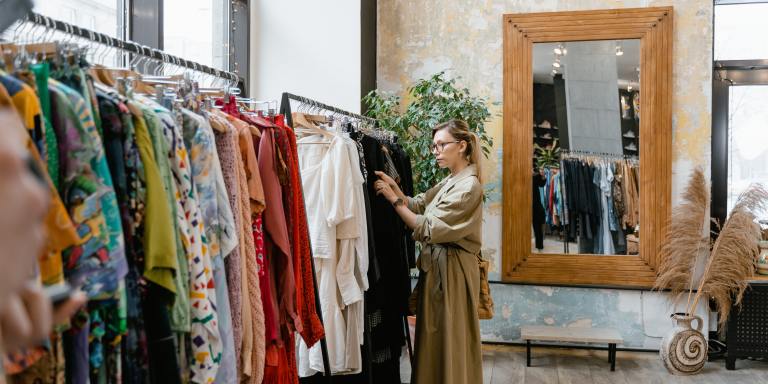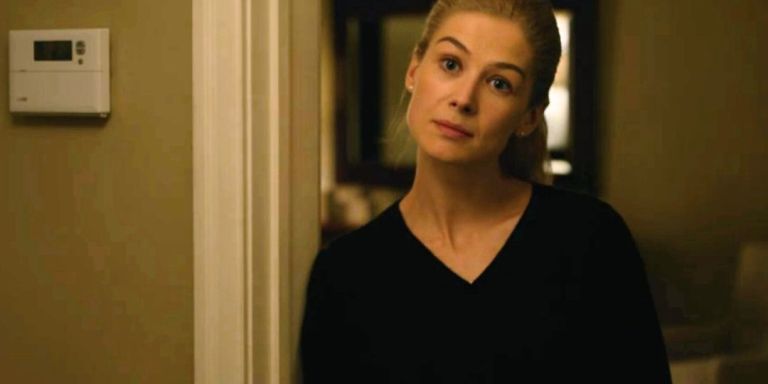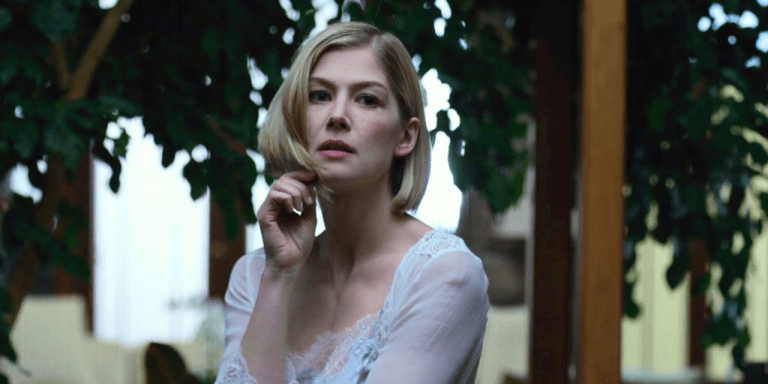
There has been a lot of discourse lately around the concept of the friend zone, and the misogyny that can be found when we scratch the surface of its premise. Our thinking has become that “friend zone” is a more elaborate, more palatable way for a man to tell a woman that, because she exercised her right to say “no” to sex or a more intimate relationship with what was initially her friend, she is now a “bitch” or, worse, “slut” who was never worth his time in the first place. It’s a societally-reinforced disrespect for her decision to use her own discretion when it comes to who and when she wants to date.
And this can happen. There have been many men who, upon being rejected by a friend with whom they wanted much more than platonic interactions, have turned brutally insulting and disdainful of the woman in question. Being turned down can bring out a true ugliness in people, and when coupled with the institutional sexism which tells us that women must fall on the spectrum somewhere between Madonna and Whore, there have been countless men who used their broken heart as a good reason to make this woman feel equally bad about herself for saying “no.”
But the friend zone, as we know it, is a much more complex dynamic than that. What is most glaringly absent from this rhetoric of friend zone-as-sexism is the fact that, fairly often, women are friend zoned, as well. A brief look at one of Taylor Swift’s albums or any of the “notice me,” or “you belong with me”-esque tags on Tumblr will show that women are just as capable of experiencing this feeling of loving someone who is only capable of regarding you as a friend, and being absolutely tortured by the discrepancy in feelings. It’s easy to understand, with just a cursory observation of the way the dating world works, that having unrequited feelings for a friend and feeling unbearably heartbroken about it is far and away a gender-neutral experience.
Speaking personally, I remember being friend zoned several years back, and it was one of the more painful emotional experiences of my life. I had been friends with this guy for several years and, over the course of our friendship, had realized that I wanted more out of our time together. It seemed natural, obvious even, that we should be together — look at how well we already got along! We would spend hours together in the afternoon, playing video games and talking about everything under the sun (often including dating). For me, a boyfriend would be all of those things, just with an even more profound layer of intimacy that I desperately wanted with this friend. One day, I worked up the courage to tell him, and he rejected me as kindly as he could. He insisted that he wanted to be my friend — that he adored my friendship, valued it above all else — and, not wanting to seem like a fool, I remained his friend.
But it was brutal. Having to see him every day, to know that I was not the person he wanted to be with, that a million other girls who may not even treat him well were able to see that part of his life which I felt had been made for me — it was incredibly painful. It wore on me and, because he seemed not to realize how much it hurt me when he would go on and on about dating someone else when he knew the conversation we had already had about dating ourselves, I began to resent him. I realized that, fair or not, I would not be able to remain close with him if I wanted to have my mental health and some semblance of self-respect.
We went our separate ways, and he told me that he was very hurt by my decision.
The thing is, though, it wasn’t my decision. It’s not as though my entire friendship with him was a ruse to get him in bed, I genuinely fell for him over the course of getting to know him, and upon being rejected, remaining in such close proximity was beyond my ability to undertake. If I had a choice, I would have clearly chosen to stop feeling that way about him and go back to the way things were before. But being rejected is a risk that we have to take in love, and sometimes it does not work out in our favor. Having to cut myself off from such painful contact with him was not because I hated him, but rather because I cared for him too much.
It is simply unfair to paint friend zoning — a clumsy term, to be sure, but one which absolutely describes a real phenomenon — as a uniquely misogynist concept. Yes, there are some men who become cruel to women after they fake their way into a friendship-as-gateway-to-sex. But there are also many men (and women) who, like me, simply fell for someone they could not control and were terribly hurt when the feeling was not reciprocated. It’s an awful position to be in, and one that we would all do better to be understanding about, especially if we’re lucky enough to have never experienced it ourselves.
It is essential, of course, when someone tells you “no” not to use it as an excuse to malign their character or attempt to hurt them the way they have hurt you. This is unacceptable, even if you are hurt — and it’s a behavior that should absolutely be called out. But we should also work on being empathetic when we are the person doing the rejecting. We should never take advantage (as can sometimes happen) of the person who is clearly devoted to us, using them as an ego-boost or exploiting them being at our beck and call. We shouldn’t go out of our way to tell them all about our dating follies when we know that they have feelings for us and are doing their best to be respectful and a friend. We should do these things because we are all fragile human beings with needs and desires and irrational responses to being told “I don’t feel the same” by someone we love.
In the end, there will always be friends who develop feelings on uneven footing. Rejection will always be a hard pill to swallow. And learning to overcome that to remain friends with someone you love will always be a difficult process that requires maturity and caring on both sides. But to paint this very human experience as uniquely male, or act as though it stems from an inherent claim to women’s bodies and relationships as their own, is oversimplifying the issue to the point of absurdity. Speaking as a woman who has been friend zoned — and who had to end the friendship for her own sanity — I can say with a certain measure of authority that these situations are never easy for any of us. We could all work on being more kind. ![]()






